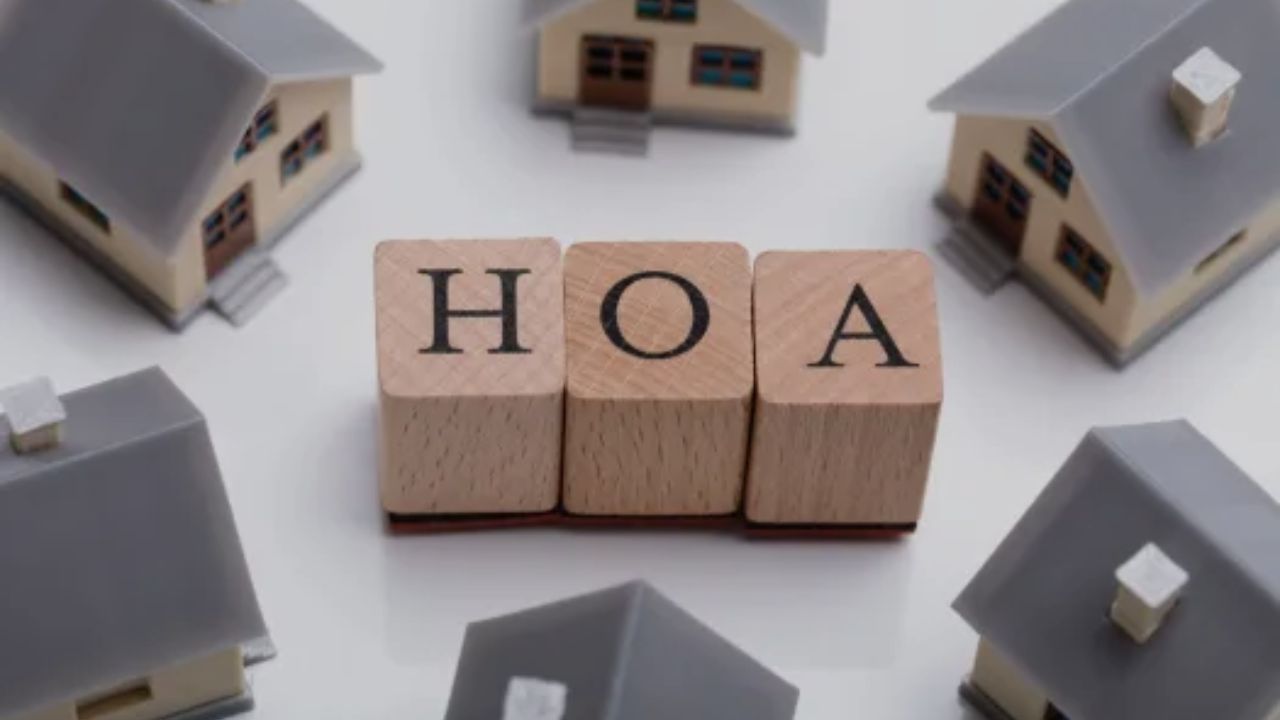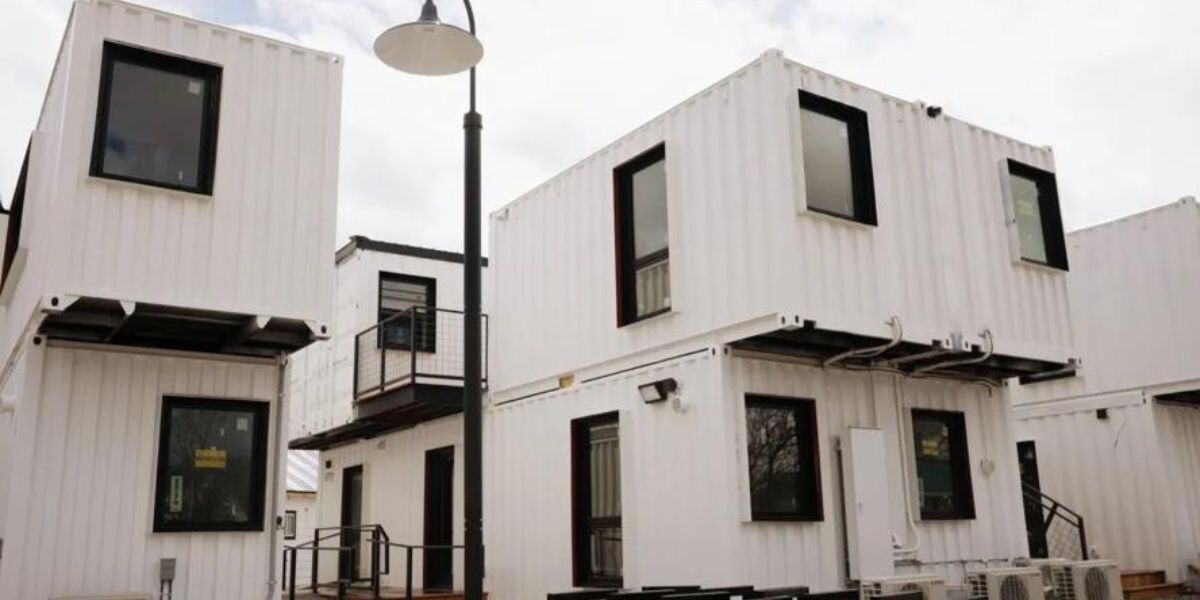Los Angeles, California — A sweeping new law in California is set to drastically change how Homeowners Associations (HOAs) operate, offering stronger protections for residents. The recently enacted Assembly Bill 130 (AB 130), signed by Governor Gavin Newsom, introduces a strict $100 cap on HOA fines and brings new procedural safeguards for homeowners.
The legislation, effective July 1, 2025, limits the punitive powers of HOAs under the Davis–Stirling Act, marking one of the most significant reforms to homeowner association governance in years.
What AB 130 Changes
Under the new law, HOAs can no longer issue excessive penalties for rule violations. The maximum fine is now $100 per violation, unless it falls under a specific health or safety exception.
This change aims to address long-standing concerns over disproportionate fines—often hundreds of dollars per day—that many homeowners considered unfair and financially burdensome.
The Health and Safety Exception
The $100 cap can be exceeded only in cases where a violation may result in an adverse health or safety impact on common areas or another homeowner’s property.
Even then, the HOA must make a written finding justifying the higher fine and approve it during an open board meeting, according to legal experts at Tinnelly Law Group. This transparency requirement ensures homeowners understand why an exception is being applied.
Read Also: South Carolina Rent Increase Laws 2025: Key Rules and Upcoming Changes for Tenants
Right to Fix the Violation
AB 130 also ensures that homeowners are given an opportunity to cure a violation before any fines can be enforced.
If the notice period is too short, the homeowner can provide a financial commitment to fix the issue, which prevents the fine from moving forward as long as they act in good faith, as explained in Action Life’s HOA guidance.
No More Late Fees or Interest
Another key feature is that HOAs cannot add interest or late fees to fines. This prevents fines from ballooning over time and reduces financial stress for homeowners already facing penalties.
Who This Applies To
The law only applies to new fines issued after July 1, 2025. Any fines imposed before that date will remain subject to the previous rules, as noted by California HOA attorneys at Hubbard Ballou Law.
Example: A Homeowner’s Relief
In one recent case, California condo owner Jinah Kim faced the possibility of $500-per-day fines for removing an interior obstruction. With AB 130 in effect, her potential penalty was immediately reduced to just $100, saving her thousands of dollars, according to a Los Angeles Times report.
Impact on Homeowners and HOAs
For Homeowners:
- Greater protection against excessive penalties.
- More time to resolve issues before being fined.
- Clearer understanding of their rights and the reasons for penalties.
For HOAs:
- Need to update fine schedules to meet the $100 cap.
- Must carefully document and justify exceptions.
- Increased pressure to resolve disputes amicably.
Summary Table
| Rule | AB 130 Update |
|---|---|
| Maximum Fine per Violation | $100 cap (unless health/safety exception applies) |
| Exception Justification | Must be documented and approved in open meeting |
| Opportunity to Cure | Required before enforcement |
| Interest/Late Fees | Not allowed |
| Effective Date | Applies to new fines after July 1, 2025 |
Bottom Line
California’s AB 130 delivers a major win for homeowners, curbing HOA overreach and introducing stronger due-process protections. While HOAs still have authority to enforce community rules, their ability to impose large fines is now sharply restricted.
Have you dealt with excessive HOA fines before? Share your story in the comments at ibwhsmag.com.


 by
by 

